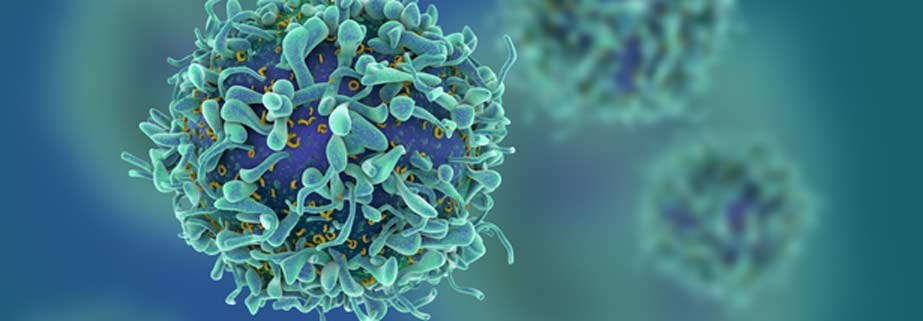
Anal cancer is a disease that originates within cells in the anal area.
It's an uncommon form of cancer often characterized by a rectal or anal lump or unexplained anal bleeding. Specifically, it typically affects the anal canal, a short tube located at the end of the rectum where stools passes through on its way out of the body.
Treatment may involve chemotherapy, radiation therapy, and/or surgery.
Anal Cancer Symptoms
Not all tumors that form in the anal canal are cancerous. Some are benign (non-cancerous), as is the case with lymphoid or inflammatory polyps and anal warts. Other than anal or rectal bleeding, symptoms associated with anal cancer include recurring or persistent discomfort in the anal area without a clear source and a growth in the anal cancer. If there is a tumor in the anal canal, it may cause an uncomfortable feeling when sitting. Some patients also report issues with anal itching.


Different Types of Anal Cancer
Anal cancer can be relegated to the anal caner, or it may affect the margin within this area. If the cancerous cells have not spread into deeper layers of tissue, it's referred to as carcinoma in situ. Squamous cell carcinomas, cloacogenic carcinomas, and adenocarcinomas are among the more invasive types of anal cancer. Melanomas begin in anal skin or lining cells. Gastrointestinal stromal tumors (GISTs) usually begin in the stomach or small intestine, although they sometimes originate in the anal area.
Causes and Risk Factors
In general, anal cancer is caused by irregular cell mutations. Most anal cancers are also related to sexually transmitted infections. While more common in older adults, anal cancer can affect anyone. Having a history of cervical, vulvar, or vaginal cancer can also increase the risk of developing this type of cancer. Other risk factors include:
- Having anal sex
- Having conditions that suppress or affect the immune system
- Having multiple sexual partners
Diagnosis and Treatment
The first step in diagnosing anal cancer is usually to perform a digital rectal exam (DRE). A lighted scope called an anoscope may be used to get a better view of the anal canal. Another option is to perform an ultrasound of the anal area to look for abnormal growths. The only way to positively ID cancerous tissue is to collect a sample and examine it in a lab (biopsy). A CT, PET, or MRI scan may also be performed to determine if the caner extends beyond the anal area.
A combination of chemotherapy and radiation therapy is a common treatment recommendation for anal cancer. Radiation therapy performed on anal cancer patients usually lasts for about 5-6 weeks. Chemotherapy may be done during the first and final weeks of radiation therapy.
With early-stage anal cancers, the affected tissues may be surgically removed. If other treatments fail or anal cancer is in a later stage, surgery may involve removal of the anal canal, rectum, and part the colon along with the creation of an artificial opening so that bodily waste can be collected in a bag (colostomy bag).
Like most forms of cancer, anal cancer isn't entirely preventable. However, the risk of developing cancer in this area may be reduced by practicing safe sex to minimize exposure to the human papillomavirus (HPV), a type of sexually transmitted infection that increases cancer risk. Smoking has also been shown in increase the risk of developing anal cancer.
